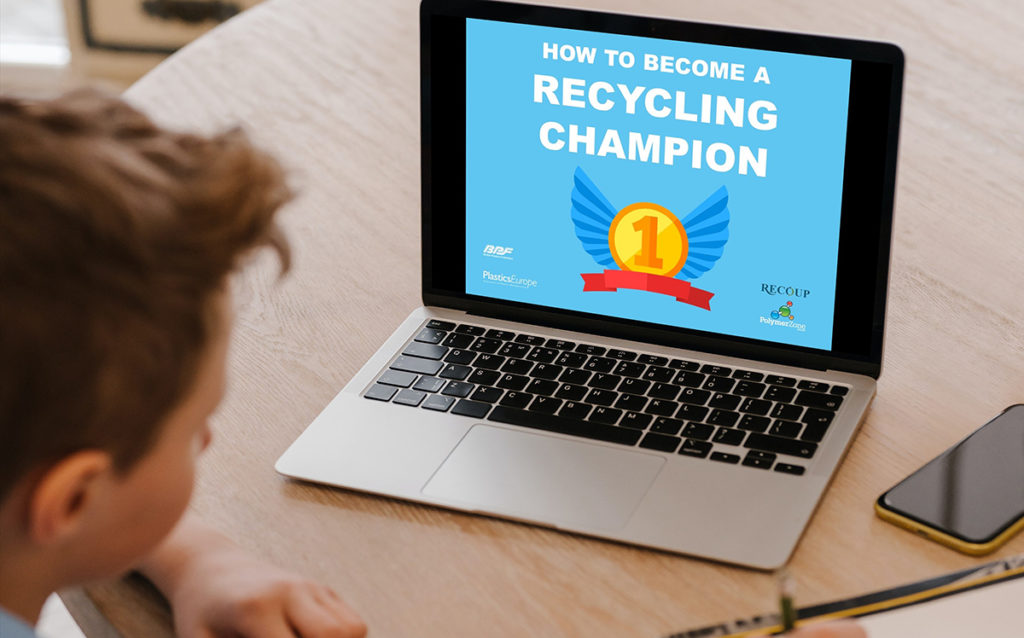THE British Plastics Federation (BPF), in conjunction with PlasticsEurope and RECOUP, has launched an online recycling resource kit designed to educate students about recycling plastics and the science of polymers.
Tied to the national curriculum and featuring a ‘sink-float’ experiment, the resource can be found on the Times Educational Supplement (TES) website as well as on the BPF’s PolymerZone.co.uk.
Teachers can use the free kit to help students learn how the recycling system works, as well as explore scientific properties of different polymers. The sink-float experiment shows how recyclers correctly sort distinct types of plastic.
The kit is designed for Key Stage 2 students aged 7-11 and the materials needed for the experiments can be found in the likes of milk cartons, empty bottles and plastic bags.
BPF director general Philip Law said, “Working closely with PlasticsEurope and RECOUP, we are very proud to launch this special plastic recycling resource for schools. Understanding recycling plastic has never been more vital. We hope educating young students about the interesting science behind collecting, sorting and reprocessing plastic waste will help encourage positive participation in recycling and allow young people to see how their actions at home benefit the environment and make a real difference.”
PlasticsEurope resource efficiency senior manager Adrian Whyle added, “We have welcomed the opportunity to be part of creating this unique plastic recycling resource for schools. Our aim is that by using this valuable resource young citizens will understand the importance of their contribution in driving up recycling rates and the associated reductions in littering. Equipped with this knowledge they too can become agents for change in helping society reach its circular economy objectives whilst at the same time mitigating against climate change.”
Anne Hitch, head of citizen and stakeholder strategy at RECOUP, commented, “These experiments are an engaging way to educating young people about plastics and challenge students to think about the material in a scientific way. This type of education is crucial if we are to recruit the innovative plastics scientists of tomorrow. I hope that the students will thoroughly enjoy taking part in this free online resource.”













